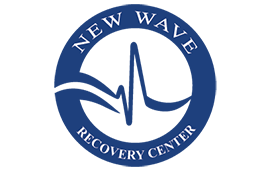At New Wave Recovery Center, Cognitive Behavioral Therapy (CBT) serves as a cornerstone of our treatment approach. CBT is a proven therapeutic method that helps individuals identify and change negative thought patterns and behaviors that contribute to substance use and mental health challenges.
This evidence-based therapy empowers you to develop practical strategies for managing triggers, cravings, and challenging situations while building a stronger foundation for long-term recovery.


